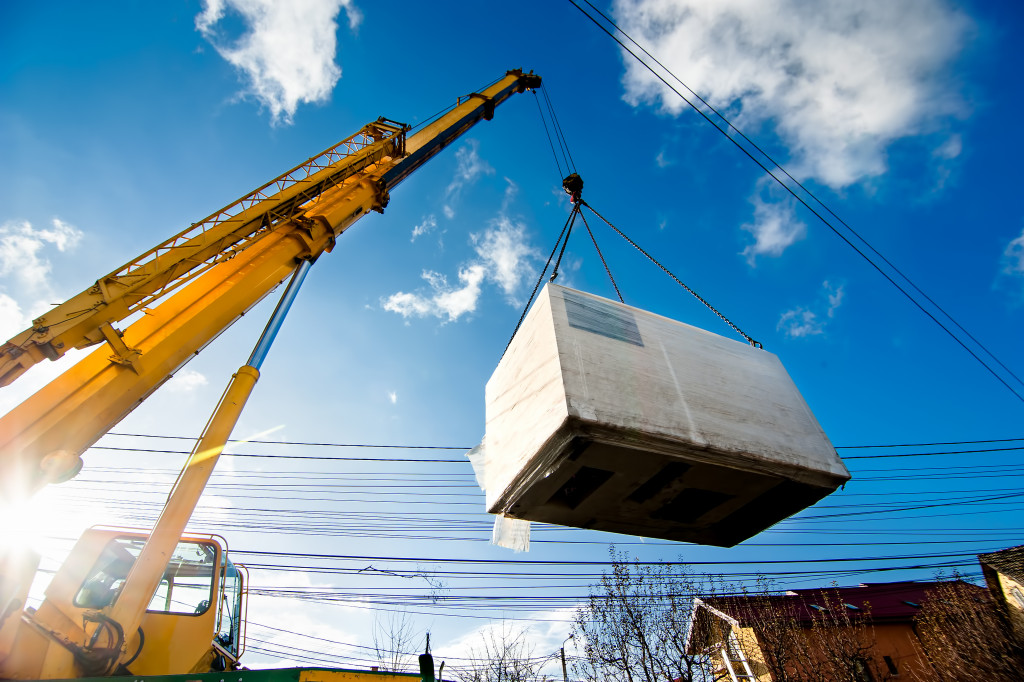• Inaccurate cost estimates, poor project planning and management change orders, and skilled labor shortages are hidden costs that can increase overall construction project expenses.
• Research competitive prices from suppliers and contractors, negotiate favorable contracts and consider equipment rentals to reduce costs.
• Utilize high-quality project management software to streamline the process and ensure all stakeholders understand the project’s terms.
• Invest in employee training and development programs to minimize the labor shortage and develop a comprehensive project scope during the planning phase.
As a construction firm owner, you have likely encountered scenarios where your project costs have skyrocketed, leaving you wondering why. You may not realize that various factors contribute to these inflated expenses, many hidden beneath the surface. Here’s what you need to know about the costs of your projects and how you can drastically reduce overall costs in the future.
Construction Projects and Their Costs
The kind of projects you’ve been given can determine how much you can get from a project. For example, building a residential home can cost around $480,000, and you only get a small percentage. If you add the hidden costs of the project, you might not have enough. Here are some hidden costs and explain why your construction projects may be more expensive than you initially anticipated.
Inaccurate Cost Estimates
One of the primary reasons construction projects become so costly is due to inaccurate cost estimates. Many factors can contribute to these inaccuracies, including insufficient project details, scope changes, and outdated pricing data.
To avoid this trap, your project estimating team needs thorough knowledge and experience in their field and access to current market data. Additionally, investing in estimating software that uses predictive analytics to create more comprehensive cost forecasts may be beneficial.
Poor Project Planning and Management
Another significant cause of high construction costs is poor project planning and management. A lack of structure and organization can lead to confusion, miscommunications, and delays, resulting in increased expenses. For instance, without proper planning and communication, resources may not be used efficiently, leading to waste and low productivity.
To combat this issue, consider utilizing high-quality project management software to help streamline your process and ensure all stakeholders are on the same page.

Change Orders
Change orders are standard in the construction industry, and while some may be necessary, excessive change orders can drastically impact your project’s bottom line. Each change order can incur additional labor and material costs and project timeline adjustments.
To minimize change orders, develop a comprehensive project scope during the planning phase and ensure all parties understand and agree on the project’s terms. Also, maintain open communication lines with clients so they understand the cost implications of altering the original plan.
Skilled Labor Shortages
The construction industry has faced a skilled labor shortage for several years, leading to higher wages and increased competition for top talent. This lack of skilled workers can result in a lower quality of work or extended project timelines, contributing to the overall increased cost of your projects. One way to address this issue is to invest in training and development programs for your team, ensuring that employees stay up-to-date on industry best practices and technologies.
Regulatory Compliance and Permitting
Maintaining compliance with local, state, and federal regulations is crucial for any construction project but can also lead to considerably high costs. Permit fees, inspections, and other regulatory requirements can quickly add up, especially if your project encounters any compliance-related delays or holds. To mitigate these costs, account for all necessary permits and fees during your project’s planning phase and stay informed about any regulatory changes that may affect your project.
Ways to Reduce Overall Cost
If you want your firm to remain successful and profitable, you must know the hidden costs affecting your projects and find ways to reduce them. Here are some ways to do that:

Equipment Rentals
One of the simplest ways to reduce the cost of your projects is to rent equipment instead of buying it. Equipment rental companies provide the tools you need at a fraction of the price, eliminating hefty upfront and maintenance costs. This is especially true for heavy-duty equipment like cranes. You can rent a reliable self-erecting tower crane for a fraction of its price. You can then use the savings to purchase one for your firm.
Contract Negotiations
Negotiating favorable contracts with suppliers and other contractors can also help you save money on your next project. Research the prices of various suppliers and contractors, compare their services, and leverage any opportunities for discounts or incentives. Additionally, negotiating terms such as payment plans, warranty agreements, and insurance coverage can help you minimize overall costs.
Outsourcing
Outsourcing certain portions of your construction project can be a great way to reduce costs without sacrificing quality. Consider outsourcing tasks such as material supply, administrative work, and labor recruitment to help reduce the time and costs associated with the project.
By understanding the hidden costs of your construction projects and utilizing these strategies, you can drastically reduce overall expenses and keep your firm profitable in the long run. With careful planning and implementation, you will see the benefits of your cost-saving efforts.
